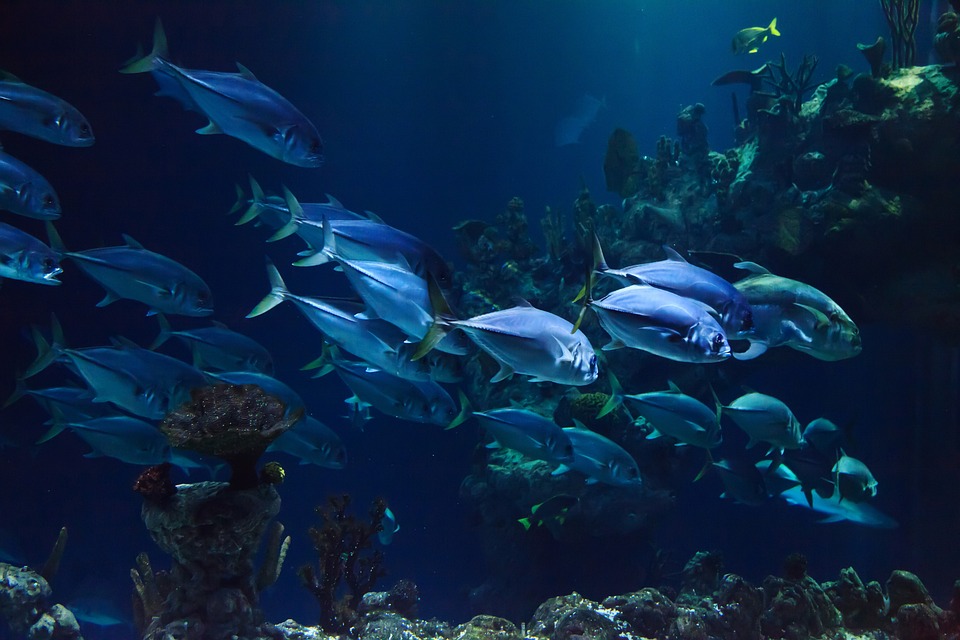Table of Contents
Introduction
Scuba diving is an exhilarating activity that allows individuals to explore the fascinating world beneath the waves. As a beginner, diving into this underwater realm can seem intimidating, but fear not! This beginner’s guide is here to demystify the art of scuba diving and equip you with the necessary knowledge and skills to embark on your own underwater adventures. So, let’s dive in and discover the mysteries of the deep!
The Basics of Scuba Diving
Before you leap into the sea, it is essential to understand the basics of scuba diving. Scuba diving involves breathing underwater with the help of a self-contained underwater breathing apparatus (SCUBA). This equipment consists of a tank of compressed air, a regulator, a buoyancy control device (BCD), and a variety of other accessories. Familiarize yourself with this gear and learn how each component functions, ensuring you feel comfortable and confident underwater.
Training and Certification
While scuba diving is an exciting adventure, it is also a potentially dangerous activity. To ensure your safety and the safety of others, proper training and certification are essential. Take the time to enroll in a reputable scuba diving course, offered by certified instructors. These courses cover essential skills, safety procedures, and knowledge about dive planning and marine ecosystems. Upon completion, you will receive a certification that allows you to dive independently or with a buddy within certain depth limits.
Choosing the Right Dive Location
Scuba diving can be enjoyed in various stunning locations worldwide, from pristine coral reefs to eerie shipwrecks. When selecting your dive destination, consider factors such as water visibility, marine life diversity, and accessibility to dive sites. Popular destinations like the Great Barrier Reef in Australia or the Maldives offer breathtaking underwater scenery, while closer home options like the Florida Keys or Mexico’s Cozumel Island provide convenient access for US divers.
Planning and Executing a Dive
Proper dive planning is crucial for a safe and enjoyable experience. Familiarize yourself with dive tables or dive computers that help you calculate the maximum dive time and depth based on nitrogen absorption limits. Before entering the water, conduct a thorough pre-dive safety check of your equipment, assess the weather and sea conditions, and always dive with a buddy. Remember to ascend slowly and perform safety stops to allow your body to off-gas accumulated nitrogen.
Underwater Etiquette and Conservation
Scuba diving introduces you to a fragile and beautiful underwater ecosystem. It is vital to practice good underwater etiquette and conservation principles to preserve this unique environment. Avoid touching or disturbing marine life, do not leave any trash behind, and use reef-safe sunscreen to minimize the impact on coral reefs. Respect local regulations, never remove anything from the dive site, and take only pictures and memories.
FAQs
Q: What should I wear while scuba diving?
A: While scuba diving, you typically wear a wetsuit or a drysuit depending on the water temperature. Wetsuits provide thermal insulation and are suitable for warmer waters, while drysuits offer protection in colder environments.
Q: Do I need to be a strong swimmer to scuba dive?
A: While it is beneficial to have basic swimming skills, you do not need to be an Olympic swimmer to scuba dive. However, a level of comfort and confidence in the water is essential.
Q: Is scuba diving safe?
A: When practiced correctly and within the recommended guidelines, scuba diving is a safe activity. However, it is important to undergo proper training, follow safety procedures, and never exceed your certification limits.
Q: Are there any age restrictions to scuba dive?
A: Most scuba diving organizations impose a minimum age requirement of 10-12 years old to participate in scuba diving courses. However, there is no upper age limit as long as you are medically fit and meet the necessary requirements.
Q: What if I am claustrophobic or scared of deep water?
A: Many people with claustrophobia or a fear of deep water find scuba diving to be a transformative experience. The gradual adaptation underwater and the sense of weightlessness often alleviate such fears. Inform your instructor about your concerns, and they can provide guidance and support throughout your training.





